The Legendary Dakar Rally Is Kicking Off In The Saudi Deserts Again Soon
A look at the 2023 edition of one of the most grueling off-road races ever conceived.
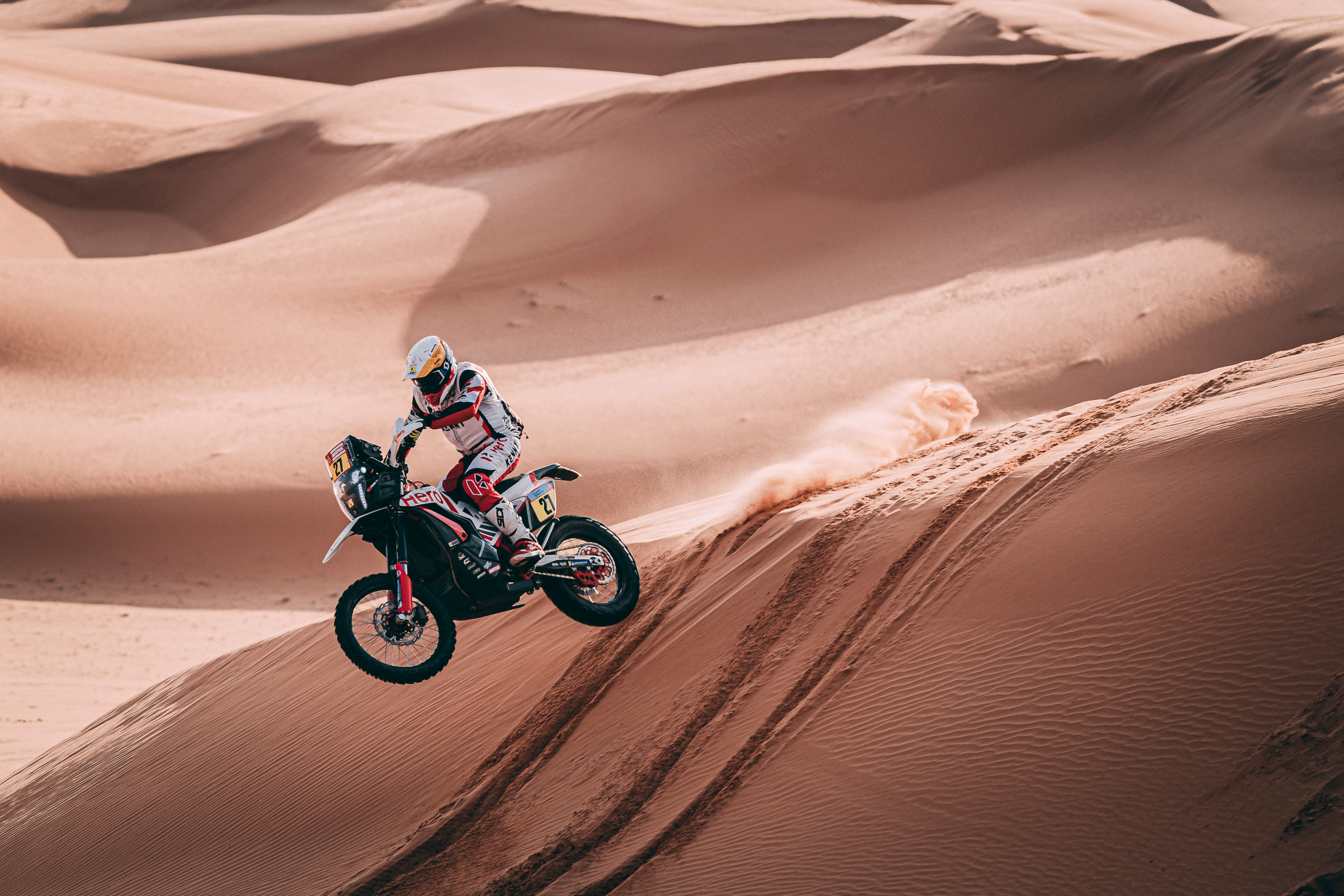
Whenever off-road racing comes up, the Dakar challenge is never far away. This gruelling multi-day event was conceived to test man and machine to the absolute limit by crossing multiple countries for thousands of miles over the roughest terrain imaginable. Whether you do it on a bike, with a buggy, in a car or in a truck doesn’t really matter. For most competitors, the biggest goal is to make it to the end, as it is often considered an event where it’s more important to compete and finish than to actually win the whole thing. Of course, most of the attention understandably goes to the men and women who make it to the top spot, but the truly mindboggling stories often occur further down the field. So with the 2023 edition around the corner, let’s take a closer look at what’s in store for us!
From Paris to Dakar, to South America to Saudi Arabia
The history of Dakar is quite long and riddled with countless stories, too much to all compile into one instalment of our weekly episodic Petrolhead Corner. The event was created by French rally driver Thierry Sabine after he got lost in the Ténére desert during the 1975 “Cote-Cote” Abidjan-Nice rally. He thought it would be a good idea to race across the Sahara desert. In the first year, 182 teams lined up in Paris on December 26th 1978 to start a three-week adventure racing down to Dakar, the capital of Senegal. Out of the 80 cars, 90 motorcycles and 12 trucks, just 74 managed to finish the 10,000-kilometre challenge. The challenge quickly grew in popularity, sparking entries by F1 ace Jacky Ickx and rally legends like Juha Kankkunen and Ari Vatanen. Car manufacturers also took an interest in the event, with names like Citroën, Peugeot, Porsche, Mitsubishi and others finding success in Dakar.
The event has had its fair share of controversy and conflict as well, with multiple fatal crashers and political turmoil often casting dark shadows across it. So much so, that in the late 2000’s the event was cancelled for a year and switched to racing in South America instead. Although the Dakar challenge would no longer race to the actual city of Dakar, the name has become synonymous to the event. During these years the teams had to navigate thousands of miles across Argentina, Peru, Chile, Bolivia and more. Since 2020 the Dakar again changed locations and is now raced in Saudi Arabia alone. Although this takes away a bit of the multinational charm of the event, the Middle-Eastern country offers plenty of challenges for those competing in the Dakar.
Each Dakar edition follows a different course, so stages and challenges during the event will vary from year to year. It’s a combination of stages and liaison sections across immense sand dunes, treacherous gravel paths and rocky canyons to navigate, for miles and miles on end. The stages can be anything from relatively short, timed loops to daunting 1,000km special stages.
creating legends
Just as with any global sporting event, the Dakar has created some absolutely legendary drivers, teams and stories. Just think about Porsche winning it twice in a row, or someone competing in a Rolls Royce Corniche. Or how about a DAF truck so powerful and fast it managed to outrun a Peugeot 405 T16 rally-raid monster in the dunes? It also cemented the legacy of drivers like Stephan Peterhansel, Cyril Despres, Nasser Al-Attiyah, Ari Vatanen and many others.
In terms of records, there’s a lot to talk about as well. Stephan Peterhansel, a French rally legend, is the most successful driver in the Dakar ever. He has won a monstrous 82 individual stages, and came in first overall a whopping 14 times! This might sound incredible in its own right, but he’s one of the few to win in a car and on a bike! If you look at the records for constructors, Yamaha has taken home 23 overall wins with various bikes and quads, with Mitsubishi claiming wins for the cars, and Kamaz 18 times for the trucks. The number of individual stage wins is even more amazing; 292 for Yamaha, 178 for Kamaz and 157 for Mitsubishi.
Even some of the cars became iconic in their own right. I already mentioned the crazy DAF Turbo Twin X1 raced by Dutchman Jan de Rooy, a truck with two turbocharged 11.6 litre Diesel engines producing 600 horsepower, each! The truck could hit speeds of over 200kph, on loose sand! The Porsche 959 Paris-Dakar is another one, as well as, yes, a Vespa Scooter! But the most famous Dakar-competing vehicle of all time has to be the Mitsubishi Pajero, even though it’s extremely hard to pinpoint which one exactly. The Japanese manufacturer won the Dakar 12 times between 1985 and 2007, all of them with a Pajero of some sort. It even created a special road-going homologation version of it, with beefed-up suspension, an aggressive aero pack and a 276bhp 3.5 litre V6 in front.
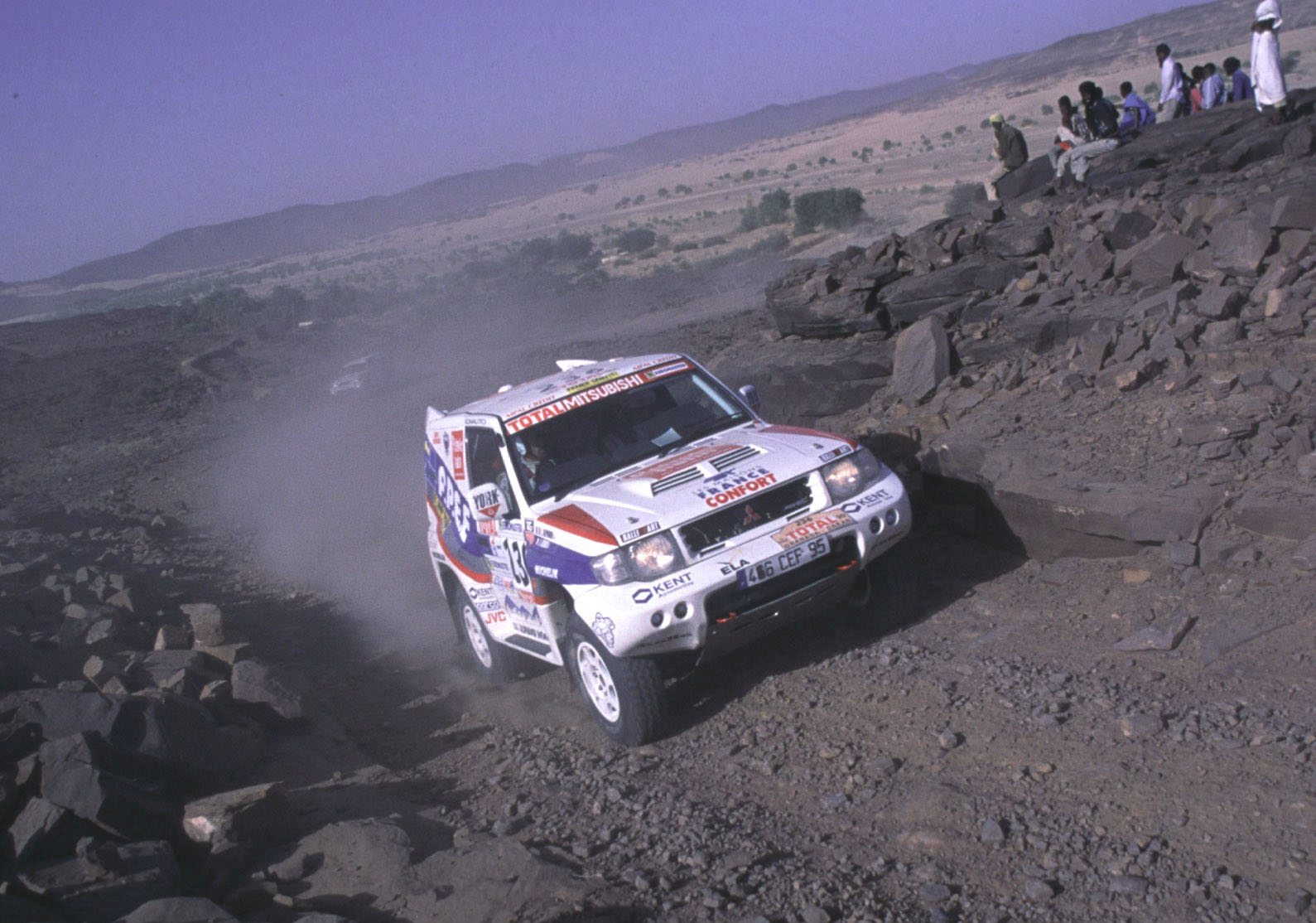
The Dakar 2023 edition
In 2023, the Dakar once again returns to Saudi Arabia, for the third year in concession (despite Covid restrictions in 2020/2021). It kicks off with a Prologue stage, which is officially part of the event but more of a demonstration/presentation of all the competitors. The official start is in a bivouac sea camp near Yanbu, on the west coast of Saudi Arabia and runs for 15 days across the country to Dammam, located on the east coast. The official program is not announced as of yet, but the race runs up to the Tabuk province, then through Ha’il and Al-Qassim, across Riyadh and into the Eastern Province for a number of days. The Dakar 2023 will consist of the timed Prologue, with 14 stages following it for a total of 15 days of competition. During the event, there will be rest days where there will be no racing.
Back in 2021, the Dakar organisation introduced a new class of vehicles in which you can compete, which also returns for 2023. This Classics category is open to cars and trucks manufactured before the year 2000, or newly built vehicles in accordance with pre-2000 specs. The route is a bit different for these cars, are they might be able to tackle some of the roughest parts of the main rally. The scoring is also a bit different, as it’s decided by a points tally instead of the fastest stage times. So consistency is key for the Classics! However, it’s no easy feat for any of the competitors so even the Classics entries take a beating!
The 2023 edition of the Dakar Rally starts on December 31st 2022 and will run until January 15th 2023 and can be seen on multiple national and international broadcasts, various online live streams and social media platforms. The Dakar Rally has a timing partner in the form of Rebellion Watches, the independent watchmaker that has been participating in all sorts of motorsport events in the past, including Le Mans and the World Endurance Championship. They started a partnership with the Dakar organisation a while ago, and even have a special limited edition series of watches dedicated to it. Rebellion is also competing with its own team, so make sure not to miss anything!
For more information, please visit Dakar.com
Editorial Note: The images for this article are from previous runnings of the Dakar Rally and have been provided by, and used with permission from, the Dakar organisation unless stated otherwise.

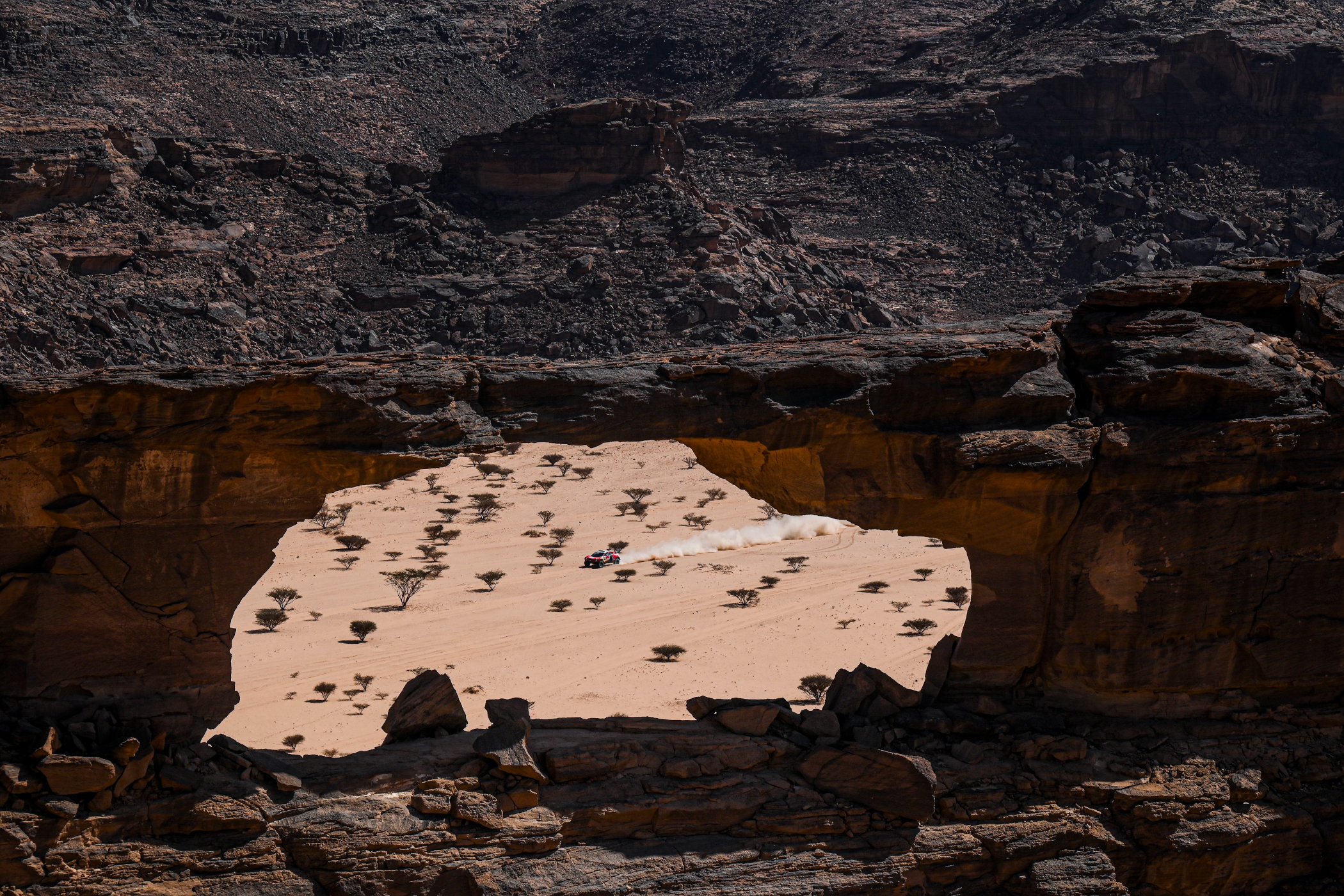
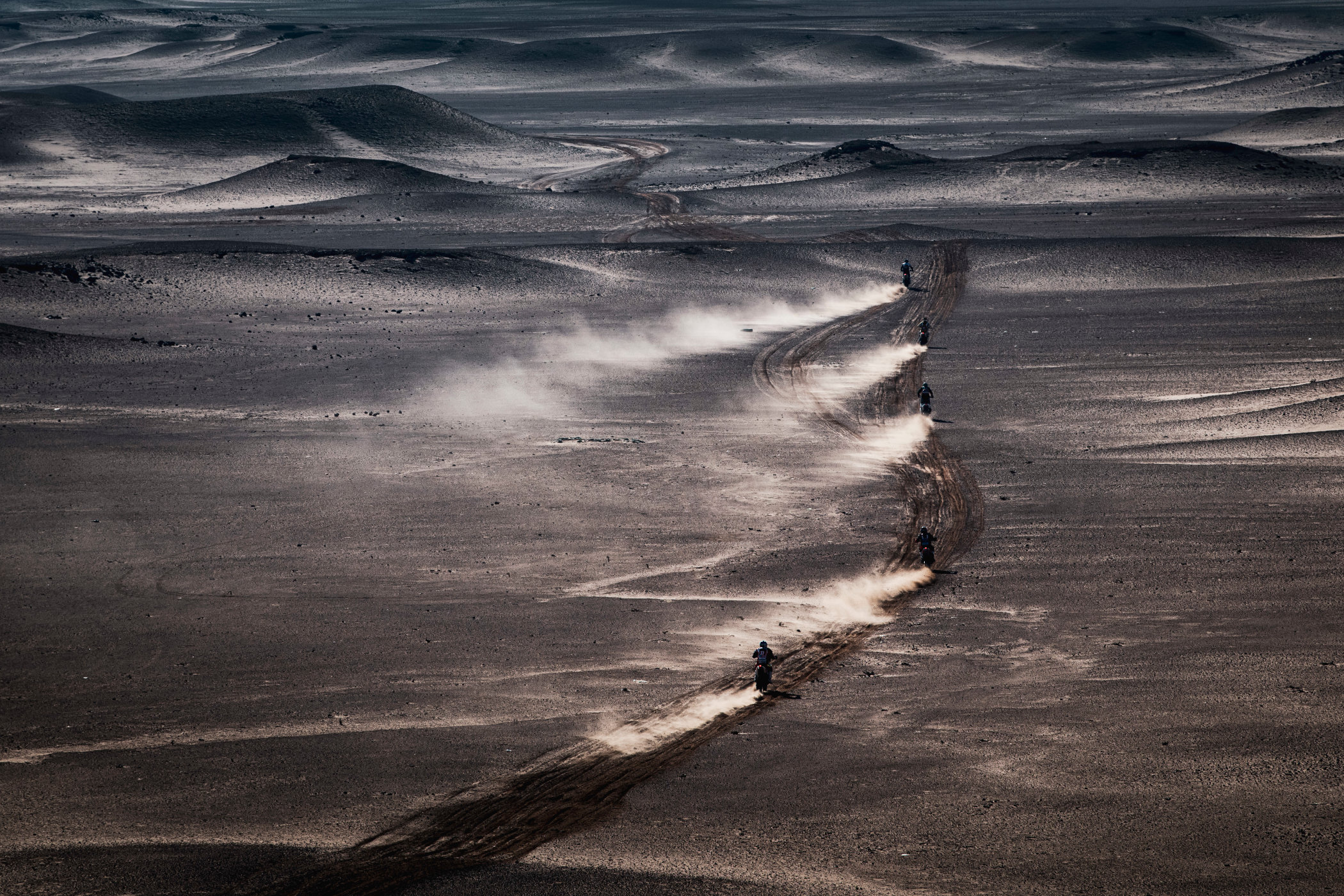
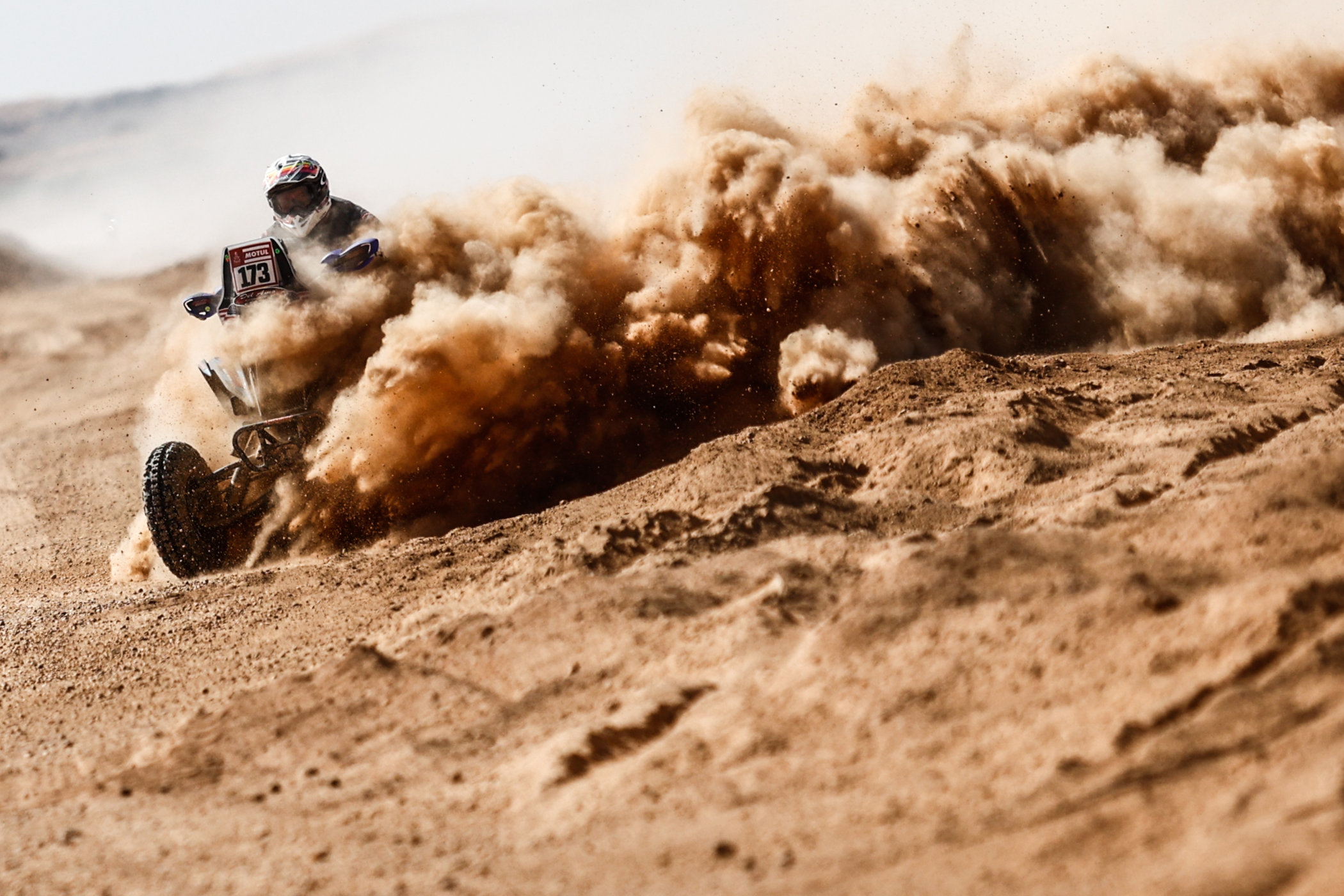
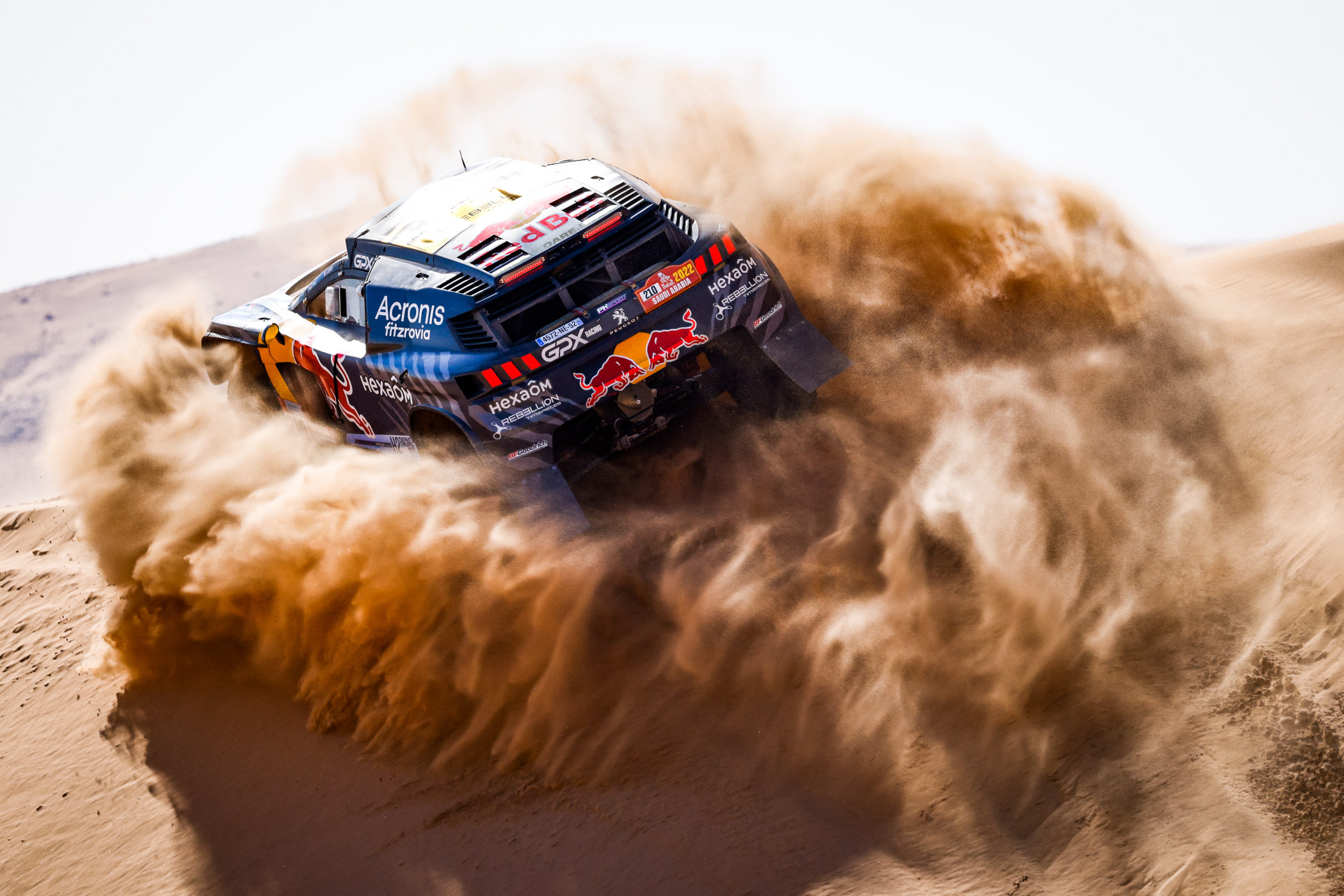
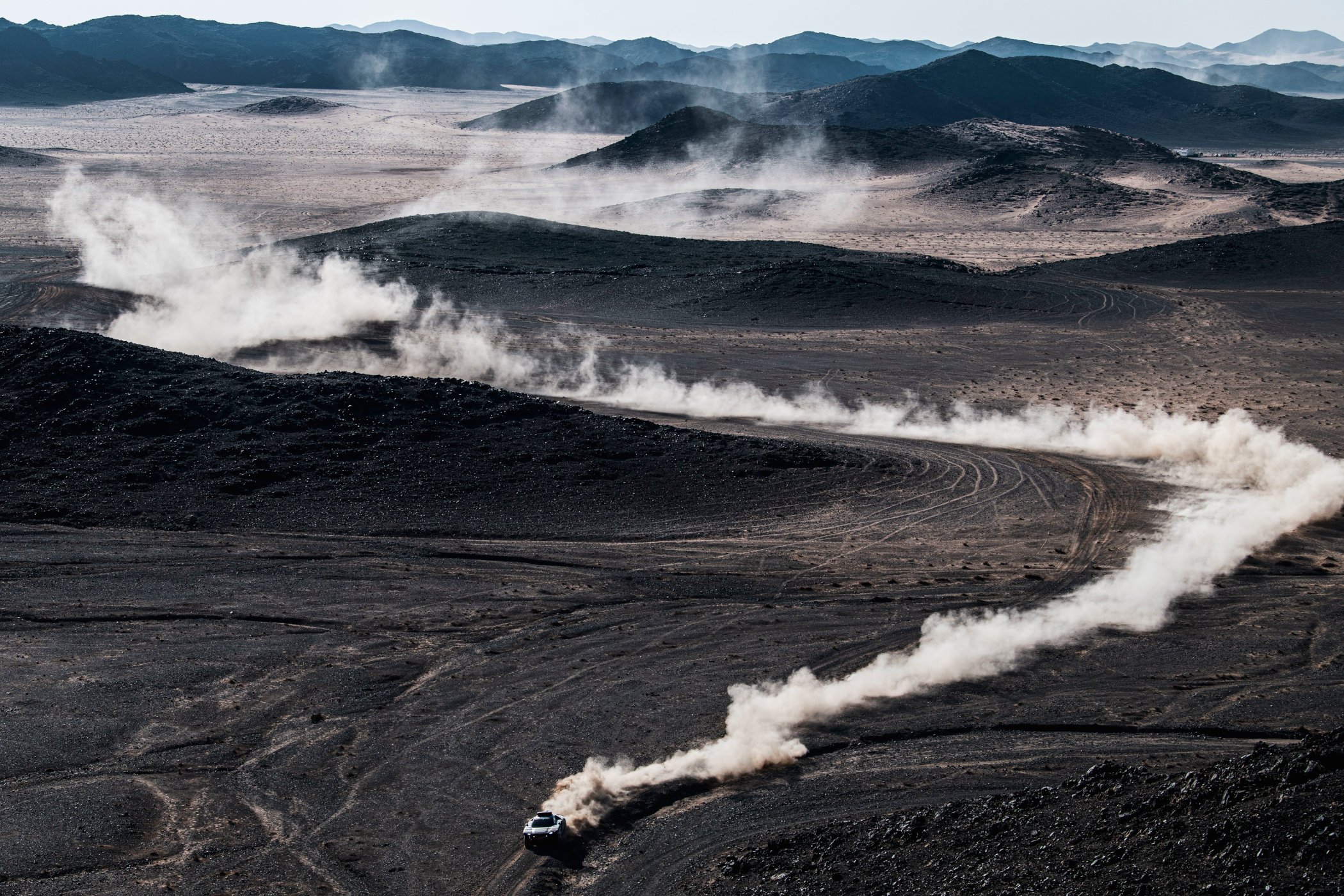
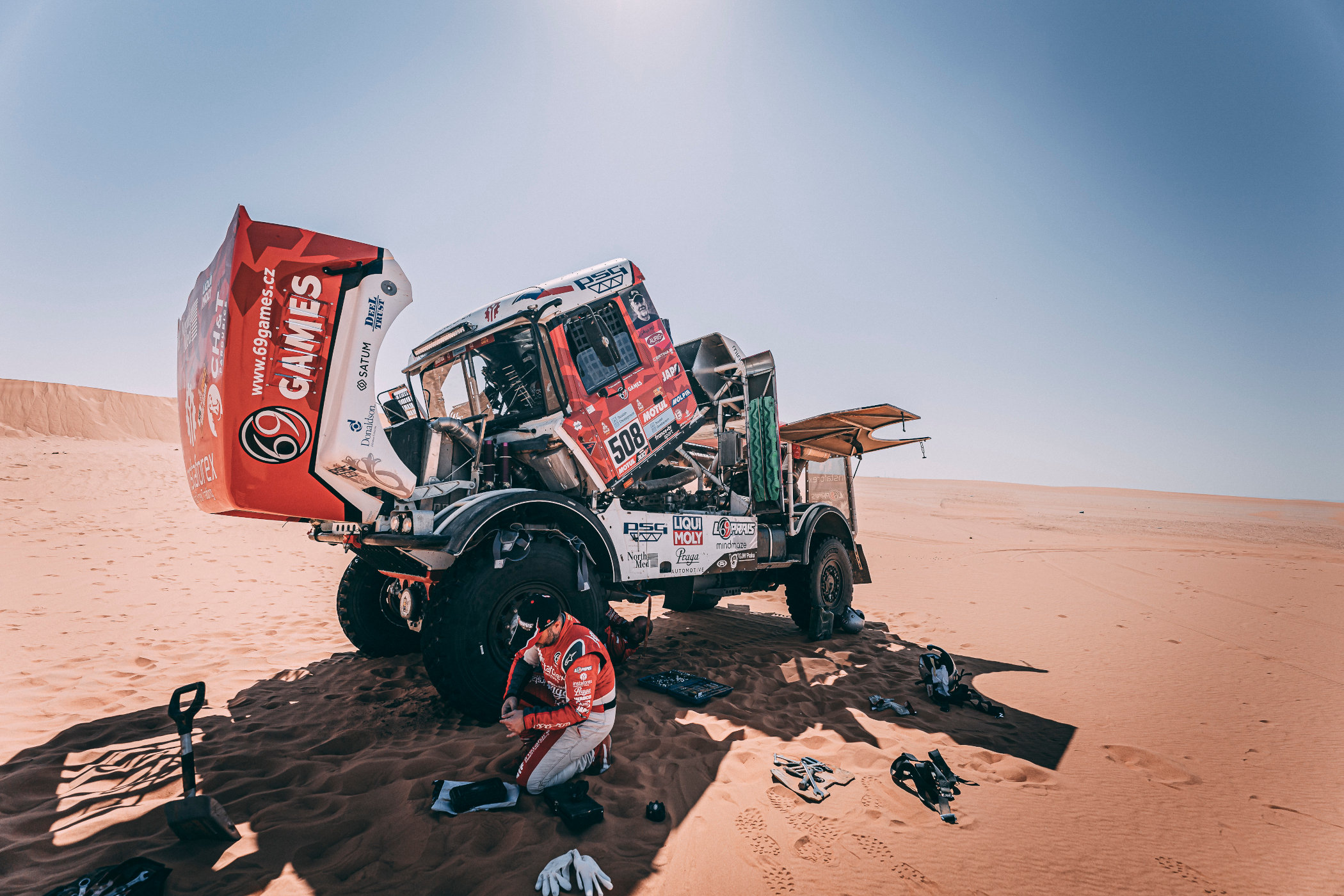

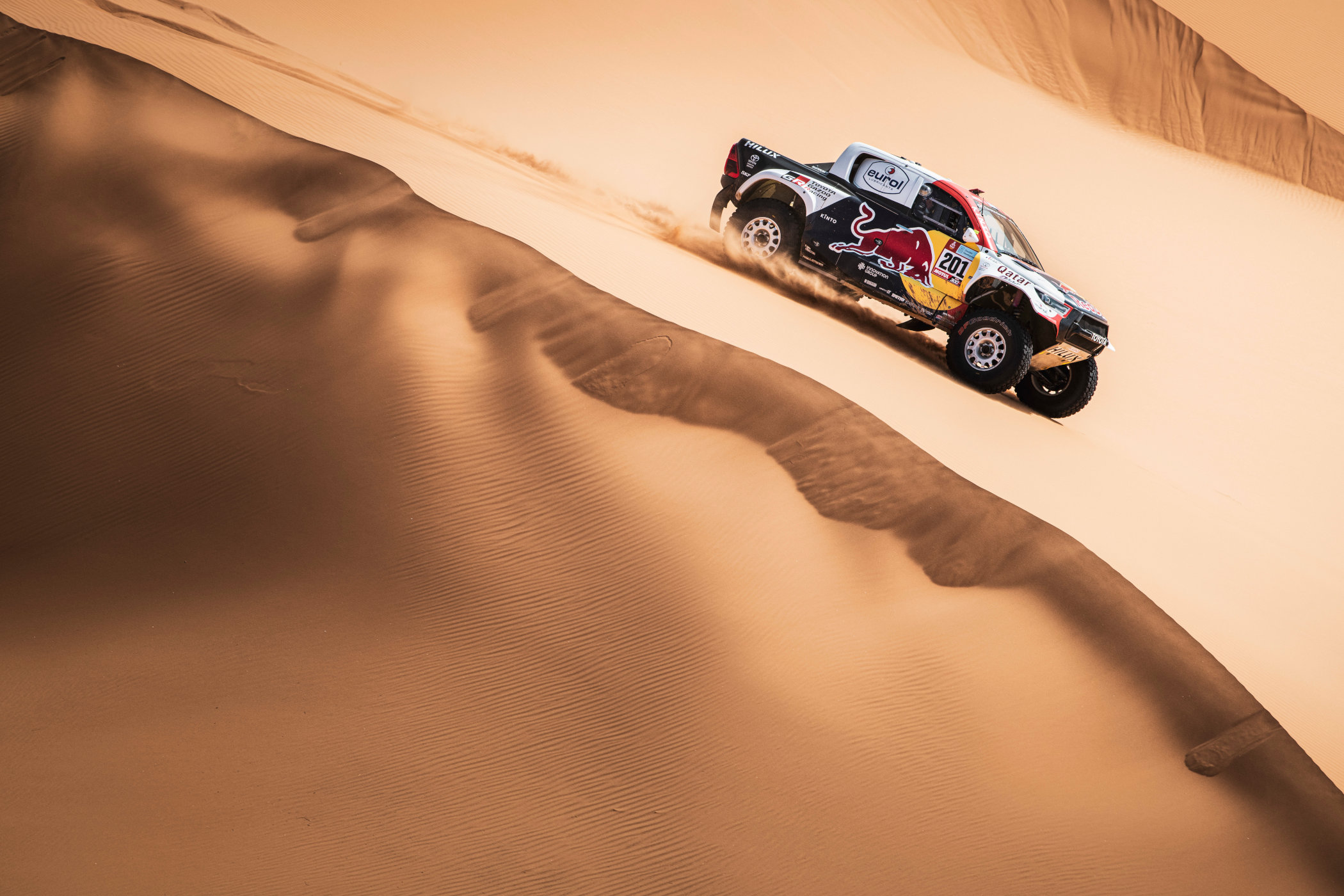

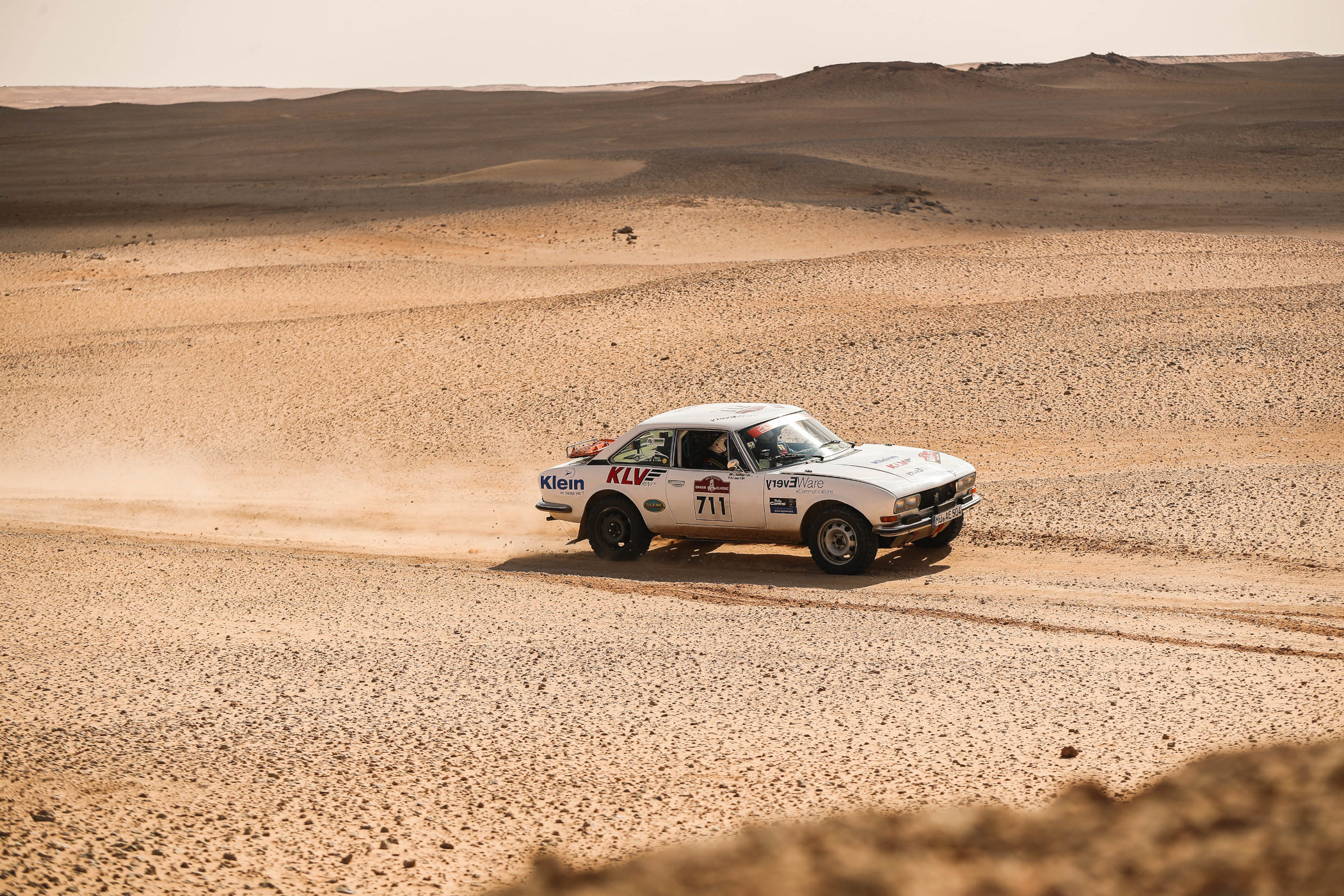

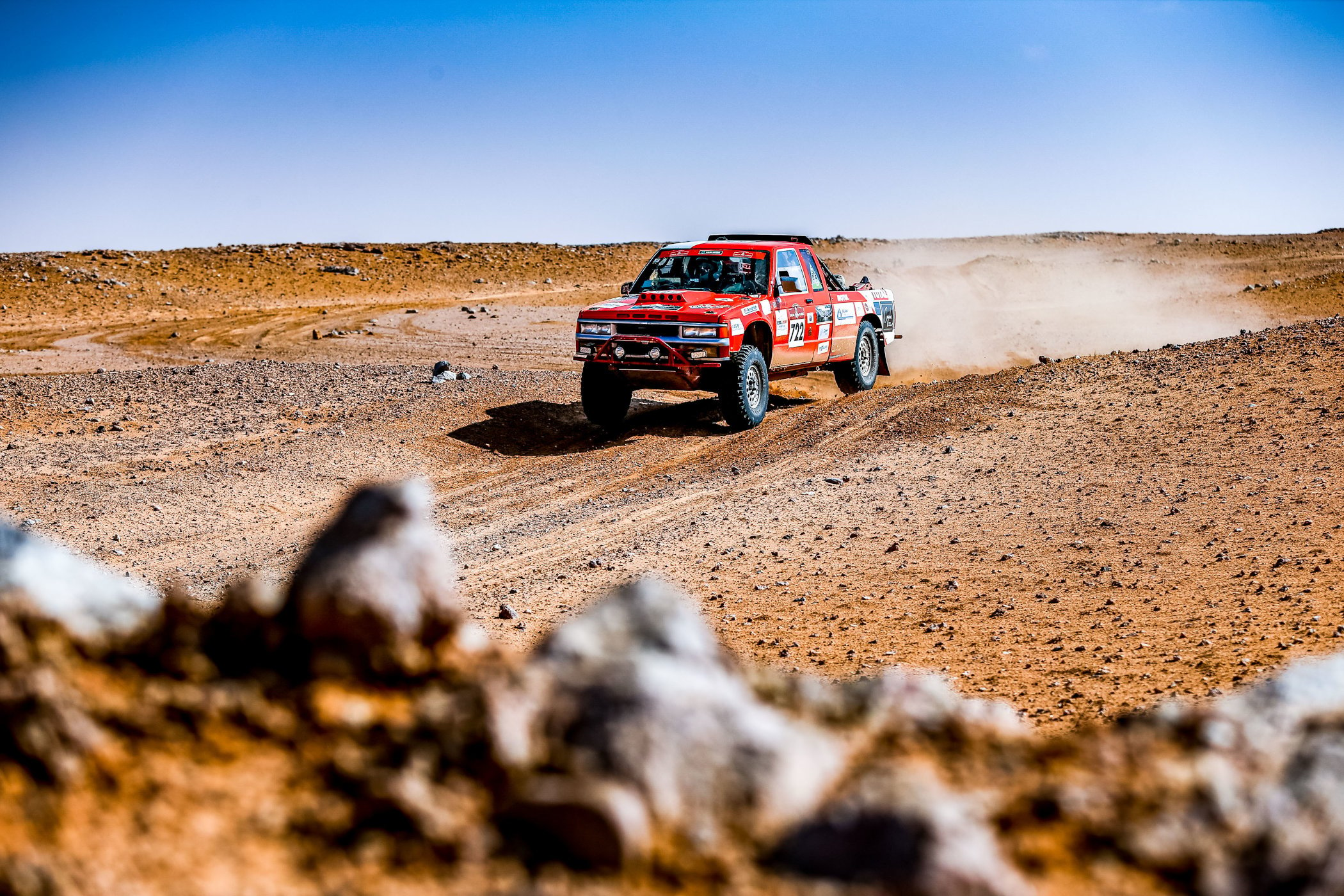
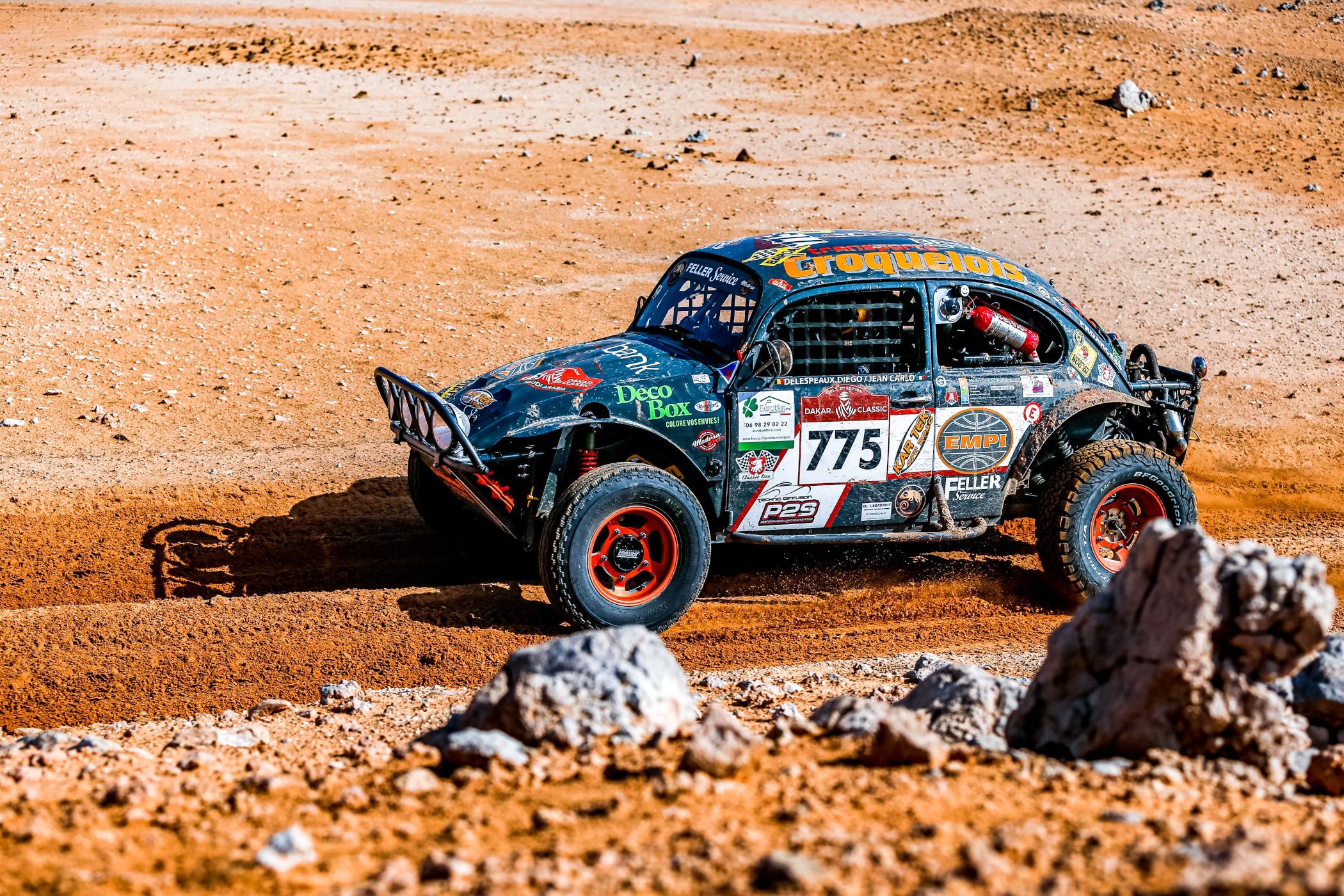


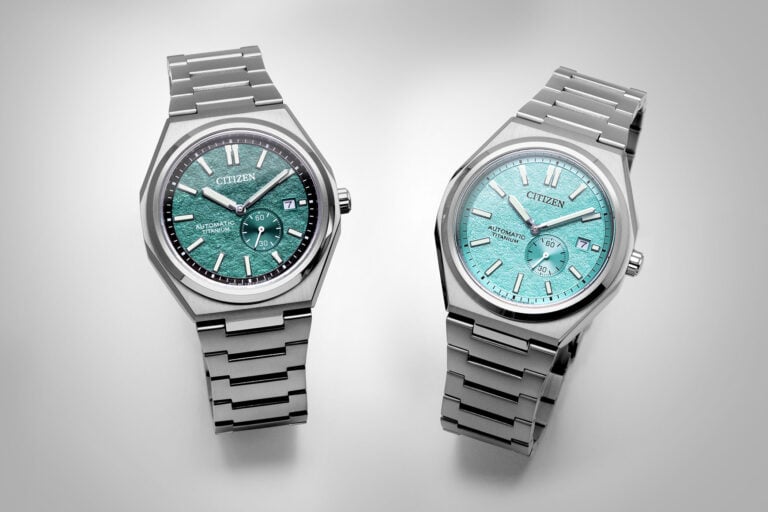
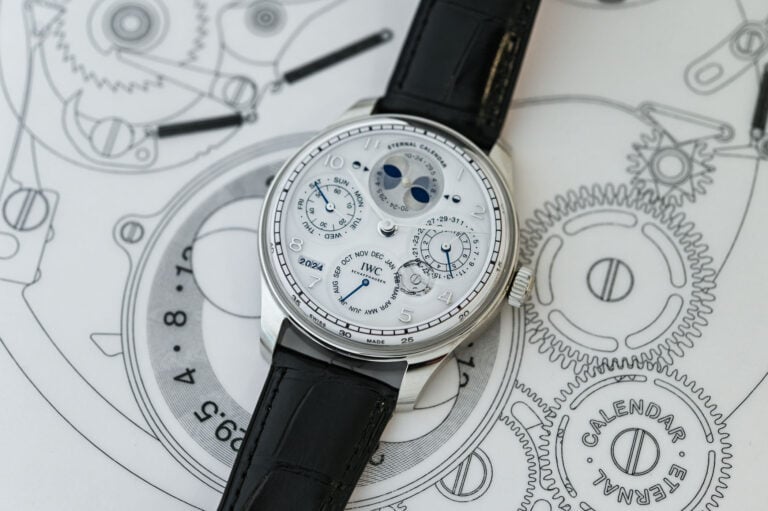
2 responses
Drop the petrolhead corner. I read for info on watches, not polluting race vehicles in a repressive dictatorship.
petrolhead corner would be interesting if the same level of effort and content could be provided, still interesting if it falls behind, but then likely not contributing to the watch community. anyway its your choice what you want to do.
Regardless, I think, as a former fan of the dakar, it died for me once it moved to the americas and ktm and red bull basically secured the whole event for them almost exclusively.
I know people think the ADV market is driven by such even – no it is not, by far not as it was in the 80s and 90s. Most ADV riders don’t care.